Brief
Spring Into Action This April With Global Citizen Science Month
Connected Science Learning January–March 2020 (Volume 2, Issue 1)
By Darlene Cavalier, Caroline Nickerson, and Jill Nugent
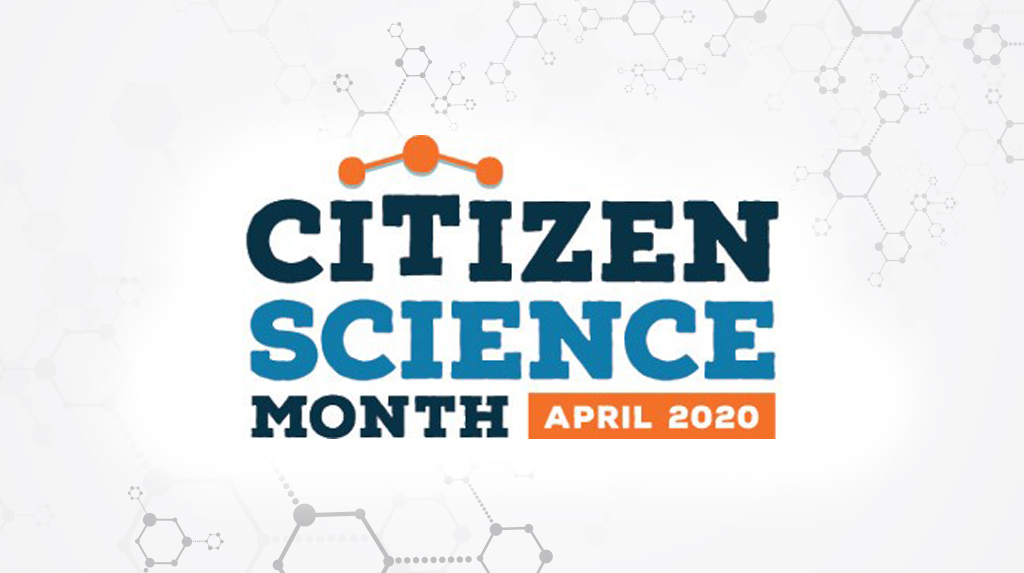
Spring can be a fascinating time to study our natural world as it emerges from its winter state. Observing and documenting signs of spring, such as the first frog call, the return of migratory songbirds, and the budding of plants, are cornerstones of many phenology-related citizen science projects.
Citizen science, or science for all, invites public participation in science. It provides a unique opportunity to engage diverse audiences in the active process of science and can help integrate into learning the science and engineering practices outlined in A Framework for K–12 Science Education into the curriculum.
Citizen science immerses participants in the process of real-world science, giving learners firsthand experience in science practices. Thousands of citizen science projects exist across the globe, ranging in focus from astronomy to zoology, and everything in between.
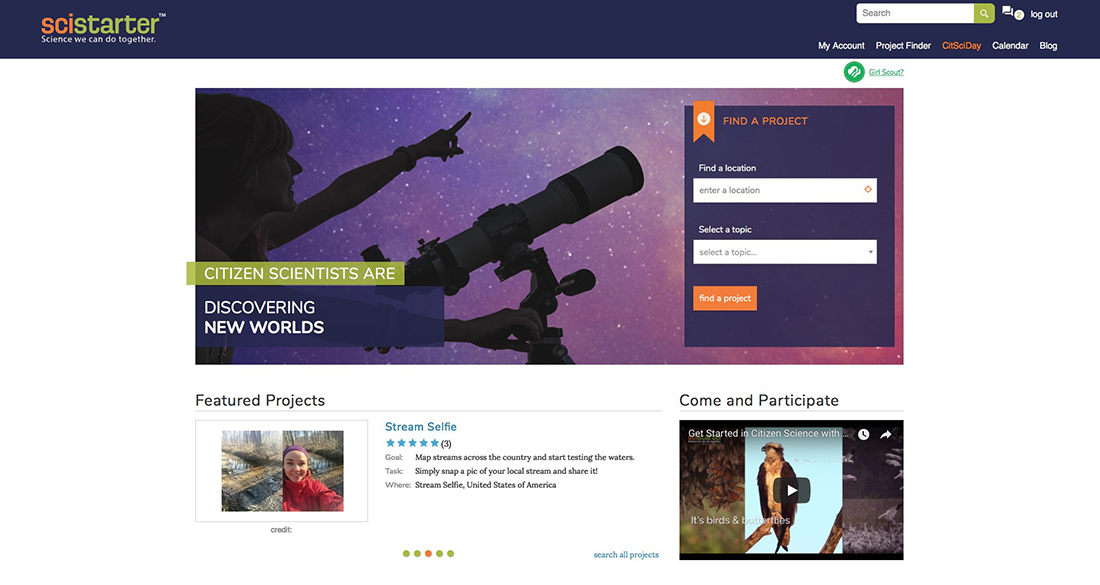
SciStarter serves to connect people with citizen science projects, and invites participants across the world to get involved in a celebration of science during April’s Global Citizen Science Month.
An introduction to citizen science
SciStarter supports and facilitates citizen science education initiatives, including the Think Like a Citizen Scientist collaboration with the Girl Scouts and SciStarter Education, which is designed to help educators implement citizen science in school and university classrooms. Additionally, SciStarter leadership served on the National Academies of Sciences, Engineering, and Medicine Committee “Designing Citizen Science to Support Science Learning.” The committee explored the intersection of citizen science and science education, and formulated a research agenda coupled with guidelines to inform the practice of citizen science in educational contexts. The findings have been published in Learning through Citizen Science: Enhancing Opportunities by Design (cover pictured below). The findings recommend citizen science as an effective way to support science learning and found that citizen science in education may also be an effective strategy to engage underrepresented populations in the process of science.
Learning through citizen science: Enhancing opportunities by design
Citizen Science Month is an opportunity for formal and informal science educators, families, individuals, and community groups to join in and contribute to real-world science. Citizen Science Month is coordinated by SciStarter and the School for the Future of Innovation in Society at Arizona State University (ASU), with support from the National Library of Medicine, the Citizen Science Association, Science Friday, and the National Geographic Society.
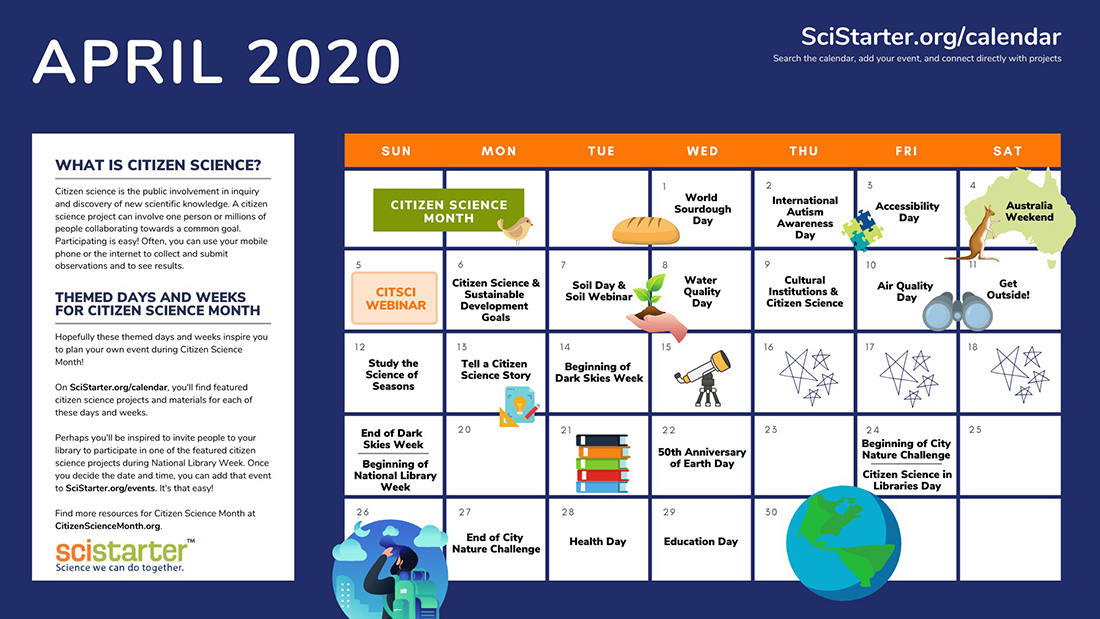
Libraries are exemplary partners for sharing science with the community; National Library Week takes place during Citizen Science Month and resources to support libraries include the Library and Community Guide to Citizen Science, as well as downloadable posters, fliers, and bookmarks. A webinar facilitated by the Star Library Network (Star Net), SciStarter, and ASU provide helpful guidance for libraries to engage the public in citizen science this spring (and beyond).
Libraries are exemplary partners for sharing science with the community; National Library Week takes place during Citizen Science Month and resources to support libraries include the Library and Community Guide to Citizen Science, as well as downloadable posters, fliers, and bookmarks. A webinar facilitated by the Star Library Network (Star Net), SciStarter, and ASU provide helpful guidance for libraries to engage the public in citizen science this spring (and beyond).
Discover free resources to facilitate an introduction to citizen science in your classroom, library, museum, or community, including an online tutorial that includes a brief quiz and certificate. The National Library of Medicine also shares projects to try that are designed to advance research on human and environmental health.
The Citizen Science Month calendar includes ideas for participation throughout April.
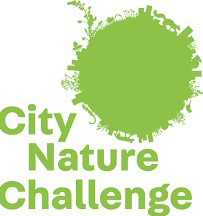
The City Nature Challenge is a global bioblitz where competition meets collaboration. Jointly created by the Natural History Museum of Los Angeles County and the California Academy of Sciences, the Challenge began in 2016 as a friendly competition between Los Angeles and San Francisco, California, to see which city could document the most urban nature observations. The event reached a national stage in 2017 and a global stage in 2018. Data and observations from the bioblitz are shared on the iNaturalist community platform, providing a snapshot of global biodiversity over time.
Learn how to get involved in this exciting event that documents and celebrates biodiversity across the globe and check out the open source educator toolkit for the event.
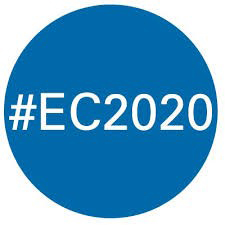
On April 22, 2020, Earth Day turns 50, and to celebrate, the Earth Day Network, The Wilson Center, and the U.S. Department of State’s Eco-Capitals Forum announced a special campaign to celebrate this milestone: Earth Challenge 2020, designed to engage global citizens in meaningful science that addresses targets of the U.N. Sustainable Development Goals, with a specific focus on environmental and human health.

On April 22, 2020, Earth Day turns 50, and to celebrate, the Earth Day Network, The Wilson Center, and the U.S. Department of State’s Eco-Capitals Forum announced a special campaign to celebrate this milestone: Earth Challenge 2020, designed to engage global citizens in meaningful science that addresses targets of the U.N. Sustainable Development Goals, with a specific focus on environmental and human health.
Conclusion
Citizen science provides a way for everyone to take action and make a difference in the world. Join us for Global Citizen Science Month: Sign up for updates, access resources, add or find an event, and more. You can even take part from home, which is great news for those who might be cooped up in the house during this time.
We hope that you’ll join a growing global community in celebrating Citizen Science Month through locally engaged, globally connected collaborative citizen science. By participating, you’ll accelerate and foster scientific discovery and will help make a positive difference in our world.
Darlene Cavalier (darlene@scistarter.com) is the founder of SciStarter, coauthor of The Field Guide to Citizen Science, and a professor at the School for the Future of Innovation in Society at Arizona State University in Tempe, Arizona. Caroline Nickerson (CarolineN@scistarter.org) is program manager and managing editor of SciStarter and its Syndicated Blog Network, and is a master of public policy student at the American University in Washington, DC. Jill Nugent (j.nugent1@snhu.edu) is the associate dean of science for online STEM programs at Southern New Hampshire University in Manchester, New Hampshire.
Citizen Science Informal Education


